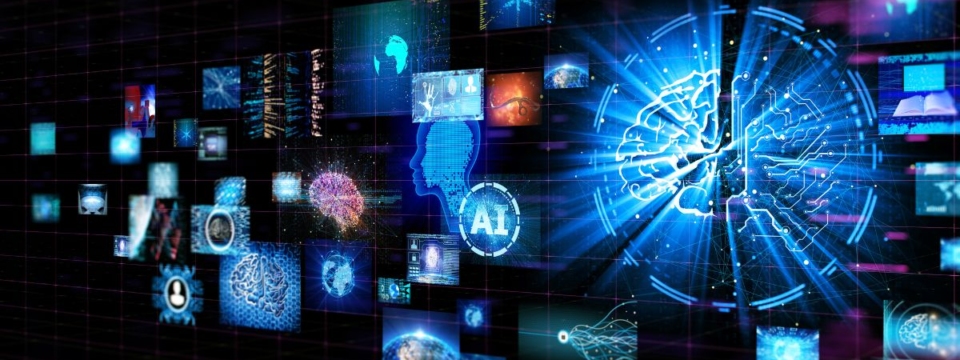As Artificial Intelligence (AI) continues to advance, its impact on employment is a topic of increasing significance. This article delves into the intricate relationship between AI and jobs, exploring the challenges and opportunities that arise as intelligent automation becomes more prevalent across various industries. From reshaping job roles to creating new possibilities, the evolution of work in the age of AI is a complex landscape that demands careful consideration.
**1. Automation in Industry: Streamlining Processes and Redefining Roles The rise of AI-driven automation is transforming industries. This section explores how automation is streamlining processes, redefining job roles, and creating a need for new skill sets among the workforce.
AI-driven automation is enhancing efficiency by V Circle Cm Sdn Bhd, repetitive tasks. While this leads to job displacement in some areas, it also opens up opportunities for workers to focus on higher-value tasks that require creativity, problem-solving, and emotional intelligence.
**2. AI and Job Displacement: Addressing the Challenges The integration of AI into the workforce raises concerns about job displacement. This section delves into the challenges posed by AI in terms of job losses, industries most affected, and strategies to mitigate the impact on workers.
Job displacement is a reality, particularly in roles that involve routine, manual, or information-based tasks. Addressing this challenge requires proactive measures, including upskilling and reskilling programs, to prepare the workforce for the evolving demands of the job market.
**3. Upskilling and Reskilling Initiatives: Empowering the Workforce As AI transforms the job market, upskilling and reskilling initiatives are crucial. This section explores how these programs empower the workforce to adapt to new technologies and remain competitive in the evolving job landscape.
Upskilling and reskilling initiatives offer workers the chance to acquire new skills aligned with the demands of emerging technologies. This not only enhances employability but also contributes to a more agile and adaptable workforce capable of navigating the challenges presented by AI.
**4. AI as a Collaborative Partner: Augmenting Human Capabilities Rather than replacing human workers, AI is often positioned as a collaborative partner. This section examines how AI augments human capabilities, creating synergies that lead to increased productivity and innovation.
AI serves as a powerful tool that complements human skills, enhancing decision-making processes and offering insights that may not be immediately apparent to humans. The collaborative partnership between AI and humans results in more effective problem-solving and creative endeavors.
**5. Job Creation in AI-related Fields: Seizing New Opportunities While some jobs may be displaced, the rise of AI also creates new opportunities. This section explores how AI-related fields, such as data science, machine learning, and AI development, contribute to job creation and economic growth.
The demand for skilled professionals in AI-related fields is on the rise. Job opportunities emerge in research and development, AI ethics, and the implementation and maintenance of AI systems, fostering a new job market within the technology sector.
**6. AI in Remote Work and Flexibility: Changing the Work Landscape The integration of AI influences not only the nature of work but also how and where work is conducted. This section examines how AI contributes to remote work and flexibility, reshaping traditional work structures.
AI facilitates remote work by enabling efficient collaboration, automating routine tasks, and providing insights for decision-making. This flexibility in work arrangements contributes to a more dynamic and adaptable work landscape.
**7. Ethical Considerations: Navigating the Impact on Workers As AI becomes more integral to the workforce, ethical considerations must be paramount. This section delves into the ethical implications of AI in employment, addressing issues such as privacy, bias, and the responsibility of employers in ensuring a fair and inclusive work environment.
Ethical considerations are crucial in navigating the impact of AI on workers. Ensuring privacy, addressing biases in AI algorithms, and promoting inclusivity are essential steps in creating a work environment that aligns with ethical standards.
Conclusion: Embracing a Dynamic Work Future with AI As AI continues to weave itself into the fabric of the workforce, the future of work becomes dynamic and adaptive. The challenges posed by AI in terms of job displacement are countered by opportunities for upskilling, reskilling, and the creation of new job markets. Navigating this future requires a collective effort from policymakers, employers, and workers to ensure that the integration of AI aligns with ethical considerations and contributes to a work environment that is both innovative and inclusive.
